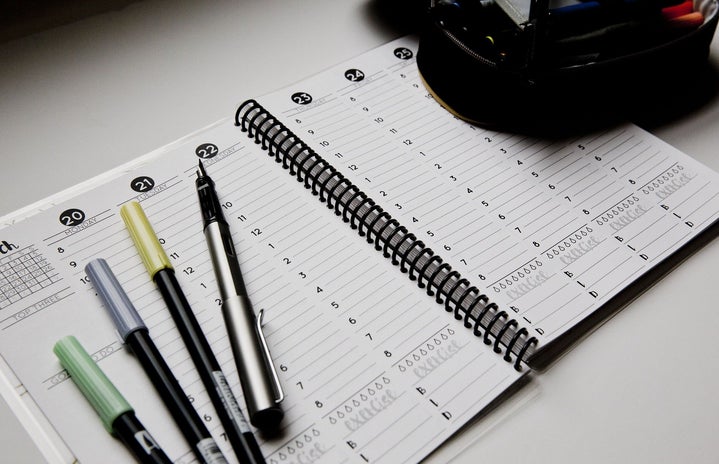So maybe you failed. Maybe you pulled countless all-nighters only to fall short of passing Chem II. Or perhaps you enlisted an all-star team of your smartest friends, cramming as much information about the Persian Empire into your head as humanly possible, only to go blank during your in-class essay. Either way, despite your most valiant efforts, you didn’t quite make the cut, and no matter how many people tell you that you are “more than a test score”, it doesn’t seem to soften the blow.
What they forget tell you is that there is a fine art to failing. A finesse, if you will, that is only exhibited in those who have experienced it first hand. It is easy to be a winner. But to fail? That is when things get ugly, where you will be tested more thoroughly than any comprehensive final exam you could ever imagine.
What they will never tell you is that the only way you can truly fail is by letting your little failures dictate your future.
At Auburn, we believe in work, hard work. This simple phrase has been ingrained into our consciousness from the moment we first stepped foot on Auburn’s campus. However, there is a misconception that this infamous quote only rings true when your efforts are successful; when you have worked hard and can reap your reward. What about the students who worked hard, but did not succeed? Making a bad grade makes you no less of an Auburn student than the Pre-Pharm major with a 4.0. It is your state of mind that determines your allegiance to this incredible school.
The fine art of failing calls for you to build upon your previous failures in order to push through adversity and succeed. So you didn’t do so well in microeconomics this semester? Try again and try harder, create new outlets in which to learn. Do not be ashamed of your inadequacies when it comes to writing essays, embrace your gift with numbers and use this as a tool to getting ahead. Let your failures teach you a lesson and build on that; if anything, look at our football team for inspiration.
Though it sounds corny and cliché, keep in mind that a GPA is merely a number; in no way does it translate to your worth as a person. The institution of higher education has become a slippery slope in recent years, centered too much on test scores and less on practical work experience.
It is up to you to prove them all wrong!

